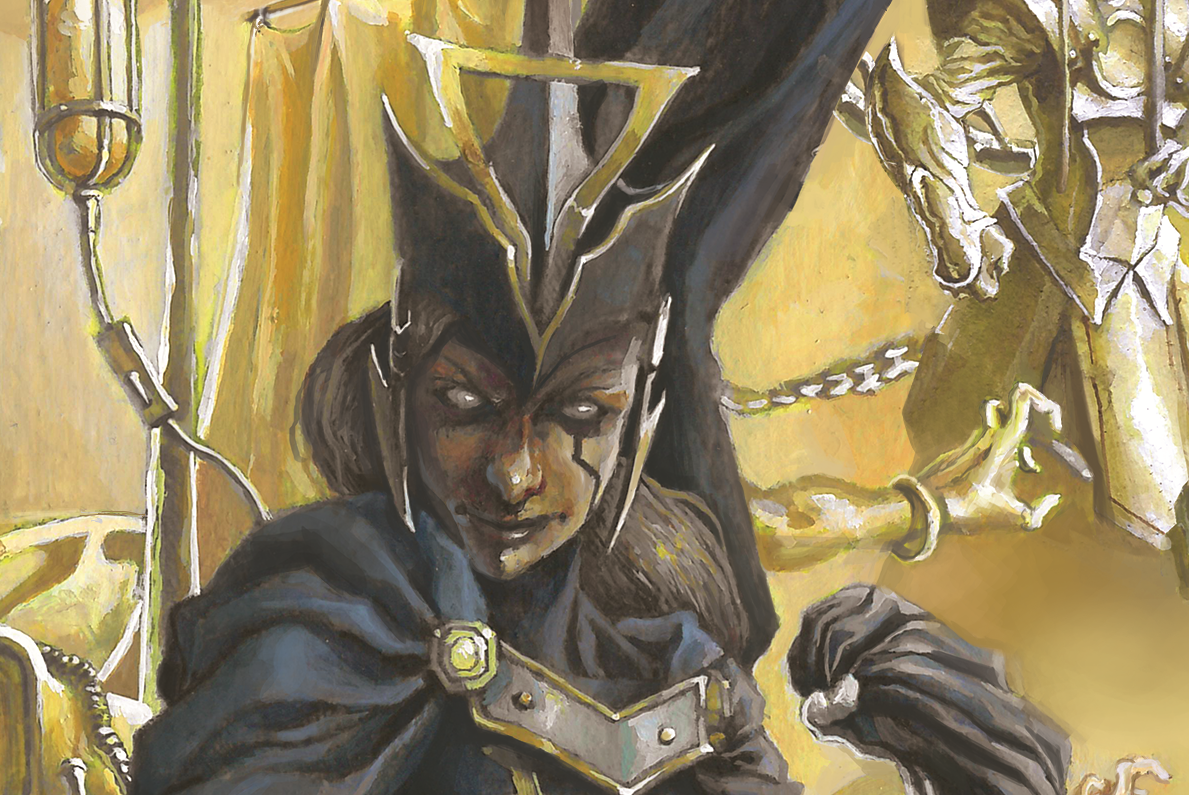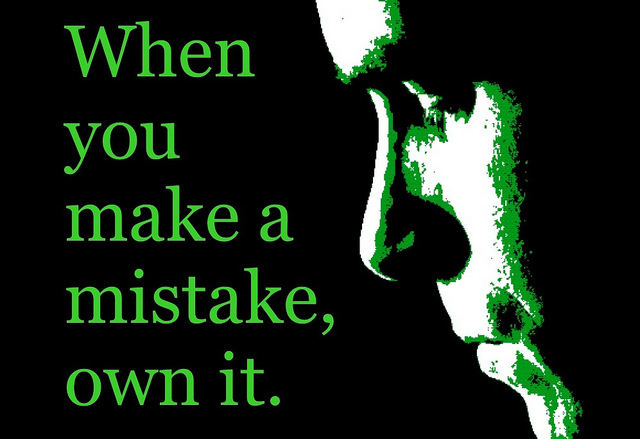Follow-up to this post, June 30, 2020
I am fully OK with politics as a topic and as a context for other topics, right out here, in front of everyone. Today it matters for this post.
First, the details include that Edward James Bluddworth contacted me for an interview, as anyone can do, as invited here in the Seminar section; and also that I do not habitually vet people by combing their internet activities and history, out of incompetence and naïve age as much as by direct inclination. I did so a little. Since this was Unscripted & Unchained’s first interview, and his Discord channel was also new, there was not much track record to see, and that’s as far as I went. What I didn’t do was glance at his Facebook wall.
Second, before going into the issues raised by said wall, the interview was entirely about role-playing, mostly personal encounters with titles and some economics, and was totally cordial. I didn’t try to dominate the interview and went with his questions, and those didn’t bring up any topics like “SJW” or “the hobby” in the sense of who’s ruining it or saving it, or about any political topics of the day. You know I’d have laid into them if he or anyone had asked, but they weren’t asked. To be absolutely clear: in this interview, he did not say anything that was objectionable.
As a minor point as well, “DM” (his handle) presents as a letter-perfect American white-boy gamer, but I know lots of people who do whose politics and attitudes aren’t objectionable. Speaking as someone whose demeanor has always been targeted as anything the viewer hates (faggot, homophobe, racist, n****r lover, reactionary, dangerous radical, typical-American, traitor; all as direct epithets to my face, truth), I tend to cut people a lot of slack in terms of semiotics, and nothing in his speech, appearance, or video-stage set rang a bell.
Well, as I said, the Facebook wall changed my position. This is not a tale of being called-out or shamed, because I am obscure or irrelevant enough that no one has raised a Twitter hue and cry about participating in his online activities. This is just me. I went and looked because his name was mentioned among others as someone to watch out for, and in this case (it’s not always), the alarm bell rang. Twitter storm or no Twitter storm, canceling or no canceling, consequences or no consequences, this is not someone I wanted (or want) to hang out with. But since I didn’t check, I did.
Here’s my position: I think it’s lame to remove this post entirely, delete the video from YouTube, and request that he delete it from his own use/display. As I see it, that’s just a cover-up. It is absolutely correct to own having done this and to state that I’m in the wrong for not adding one more inch of breadth in my pre-interview checkup. It might be most advantage to delete and cancel, saying “Nope nope, no racist here, I’m so good, see, I don’t hang out with them, and you can’t prove otherwise,” but it would be dishonest. Again: this is about ownership of actions. The conclusion is to be more careful and not do it again.
To a lesser extent, if it matters, I am OK with everything I said in the interview and with the topics that were raised. So I’d rather than people see that rather than be left with the reasonable assumption that if I deleted it and somehow succeeded in getting him to do the same, that I had said something shameful that I was trying to deny.
Well, there it is. Most of you know my positions about the issues of the day, from the Comics Madness blog. Doing this interview was a mistake I should have avoided, and although I won’t be combing the internet for any and everything about someone, I will check more than I’ve done, from now on.
— (original post follows)
 A nice surprise! The vagaries of Facebook landed me with an invitation from DM Bluddworth for an interview. I am even his guinea pig first interview, associated with his social media communities. It turned out to include a great sequence of questions and a lot of personal overlap between us, in terms of generation-based experience and appreciation of titles.
A nice surprise! The vagaries of Facebook landed me with an invitation from DM Bluddworth for an interview. I am even his guinea pig first interview, associated with his social media communities. It turned out to include a great sequence of questions and a lot of personal overlap between us, in terms of generation-based experience and appreciation of titles.
You’ll probably recognize some phrases or concepts from me, including my criticisms of Kickstarter-centered game publishing. But for some reason I think I was able to get across some important points about early role-playing and about Champions Now which have often eluded me, or at least have seemed hard to present as a sequence of thought. It might be one of the better “meet me for the first time” interviews I’ve done, and it’s very good for sharing out to whatever social media you use.

